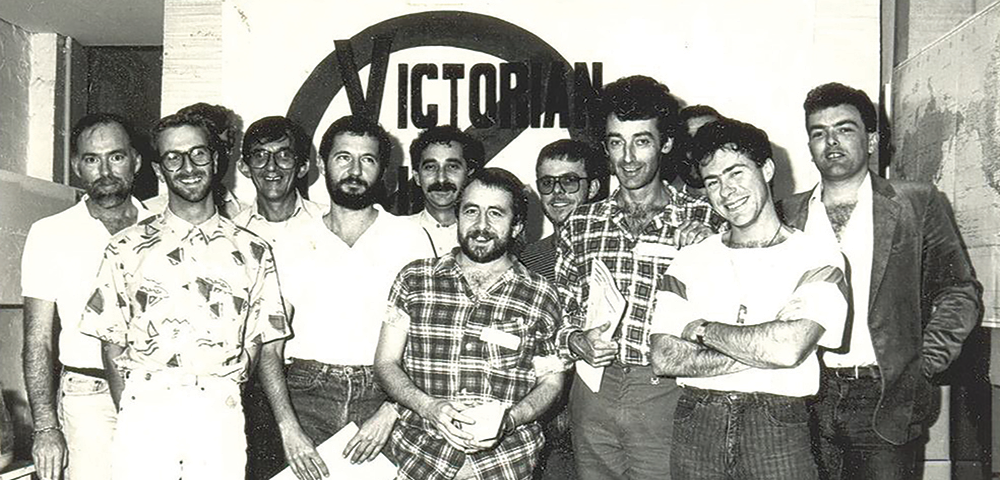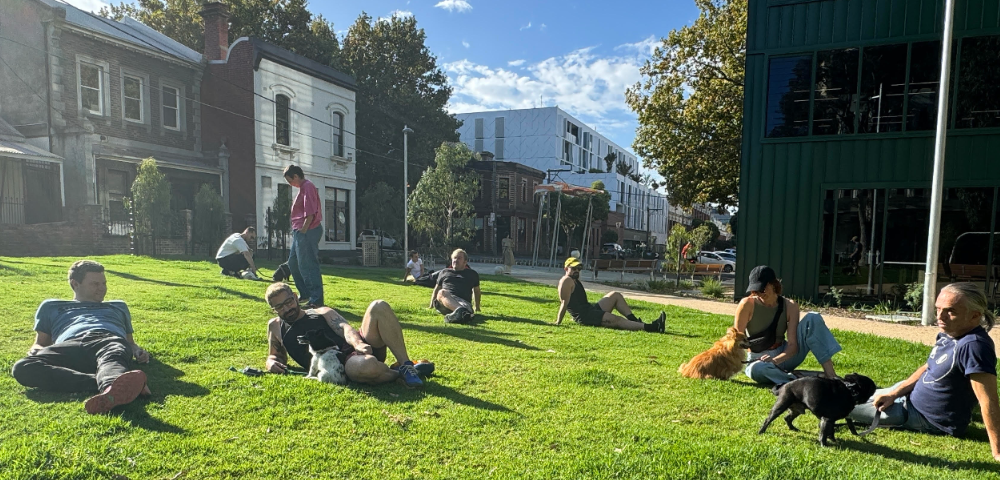
Sporting chance to fight homophobia
Homophobia in sport has hit the headlines lately, but not all observers are pessimistic about the state of play for those coming out on the sports field.
During the Worlds of Football conference at Victoria University (VU) last week, visiting University of Bath academic Dr Eric Anderson said his research into British and US university and high school students aged 16 – 23 shows a “declining significance” of homophobia for young people.
“There was one soccer team in the [American] midwest … I was there and interviewed the guys after one of the teammates came out, and he talked about how self-disclosing to his teammates was for him, and that it brought about more self-disclosure with other teammates,” Anderson told Southern Star Observer.
“As professional gays and lesbians we are wedded to the victimisation framework, so we’re good at rooting out the bad and generalising it.
“We need to realise that even if [decreasing homophobia] was only in high schools and universities, that’s phenomenal. That turns decades of research and decades of our understanding of the way things are on its head.”
According to Anderson, there has been a change in generational attitudes towards homosexuality and coming out as gay can be a bonding mechanism for gay sportspeople and their heterosexual teammates.
VU academic Dr Caroline Symons said Australian research (Writing Themselves In Again, 2007) indicates homophobia is still a problem for Australian teenagers, both in schools and during sporting events.
“Schools are the main site [for homophobia], there’s 48 percent who experience verbal homophobia in that research,” Symons said.
“Thirteen percent have been physically assaulted and those who experience this homophobic abuse fare poorly on health and wellbeing scales.
“There’s a relationship between the discrimination they face and their health and wellbeing, we still have higher suicide rates amongst young people in Australia because of some of these problems, so it’s still there but it is shifting.”









